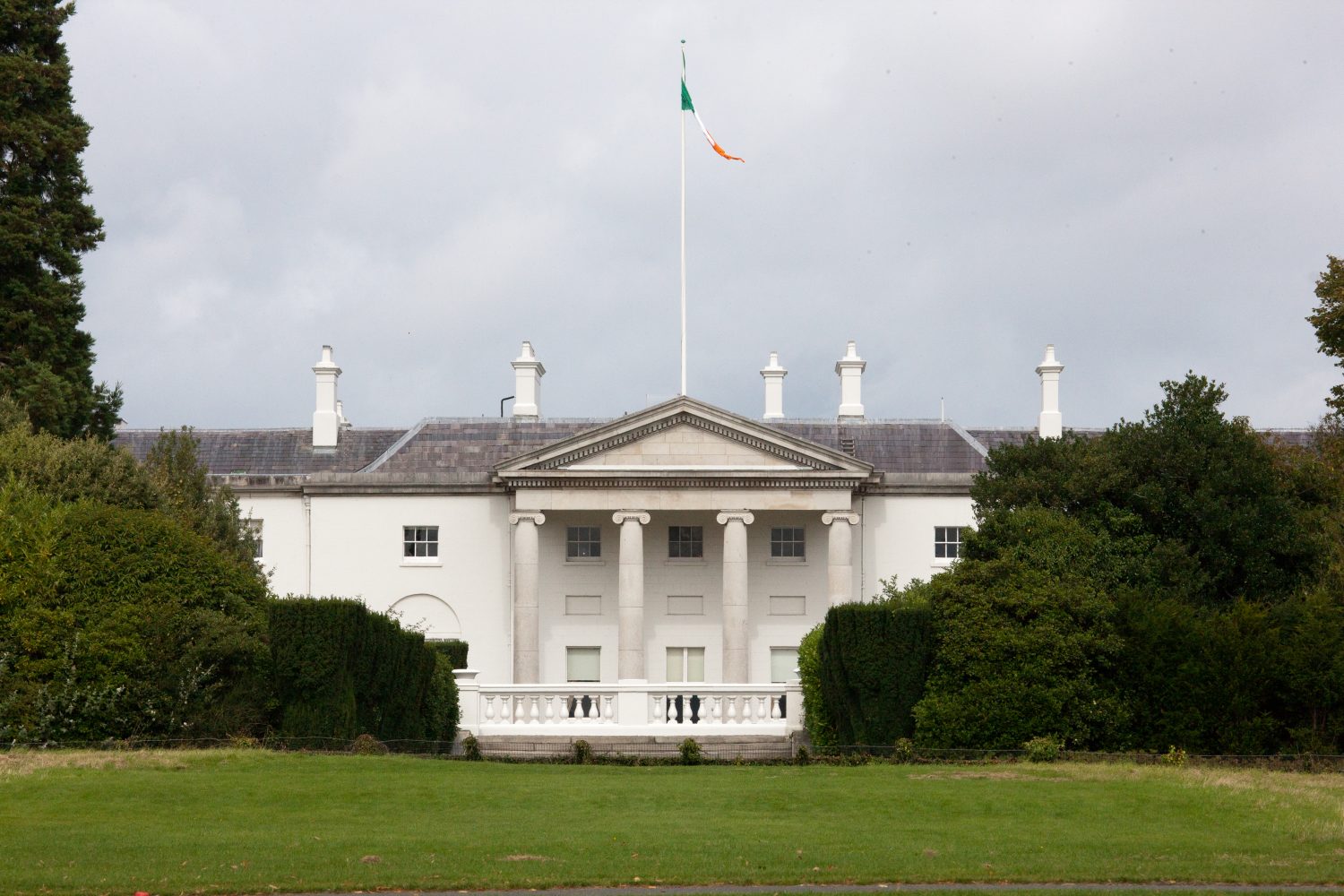Voting Rights and Irish Presidential Elections: Time for Constitutional Change
This is an edited version of the Opening Statement delivered by Colin Harvey and Mark Bassett to the Joint Oireachtas Committee on the Implementation of the Good Friday Agreement (18 May 2017) dealing with the question of the right of Irish citizens resident outside of the state to vote in Presidential elections.

Thank you Chair and Committee members for the invitation to address you today on voting rights and Irish presidential elections; we appreciate the opportunity to discuss this issue with you.
After considerable reflection and discussion we have concluded that this is a reasonable constitutional step to take; one that is defensible and broadly in line with international and regional trends on voting rights. We welcome the fact that there is further detailed consideration of possible options, and that there is a commitment to hold a referendum.
Following on from the outcome of the Convention on the Constitution in September 2013 we have focused on the question of voting rights for Irish citizens in Presidential elections. We have explored the legal position in Ireland, the implications for Northern Ireland, as well as examined what other states have done. In particular, we are interested in non-resident voting rights, and the questions it raises around equal citizenship (including, but not limited to, Irish citizens in Northern Ireland).
Overall support for this relatively modest initiative was plain at the Constitutional Convention. There also appears to be widespread political support for taking this forward, but it will be intriguing to watch the debate as it unfolds (particularly when the discussion turns to the detailed implications for Northern Ireland and some of the practicalities). There is a real risk that what is a small step away from a comparatively restrictive regime may be presented in rather more radical and alarmist terms.
Ireland’s relatively restrictive system
Ireland is relatively generous in granting citizenship, but it has one of the more restrictive systems when it comes to an entitlement to vote for citizens, as it generally ties the right closely to current or recent residence (an individual’s entitlement to vote in the general election and Presidential elections is contingent upon being on the register of Dáil electors in a particular constituency).
For a state, like Ireland, with so many citizens resident elsewhere, legitimate questions arise over what that citizenship entails and what it should bring with it. Ireland has particular circumstances that make this a pressing question. Much has been done to celebrate and acknowledge the role of the Irish diaspora, and there is oft cited concern expressed for the rights of Irish citizens in or from Northern Ireland (with parity of esteem and mutual respect embedded in the fundamentals of the Good Friday Agreement).
But what does it really mean today to be an Irish citizen resident outside of the state? For most it appears to mean very little in terms of democratic entitlements in Ireland; a position that contrasts starkly with much of the inclusive rhetoric about Irish identity and belonging. The question is complicated further by the constitutional position of Northern Ireland – where there is a declared right (underpinned by the British-Irish Agreement) to identify and be accepted as Irish or British or both (as an entitlement/birthright and a matter of choice). As one example, Irish citizens born and resident in Northern Ireland (and who may have lived their entire life on the island of Ireland) may never get to vote in any Irish elections. Is this a genuine problem of equal citizenship or is it a logical outworking of the division of democratic entitlement on the island and more generally?
To read more of this article which originally appeared on the rightsni website, click here.
Mark Bassett is a Barrister who practices mainly in the areas of judicial review, family law and civil litigation including privacy, data protection and personal injuries.




